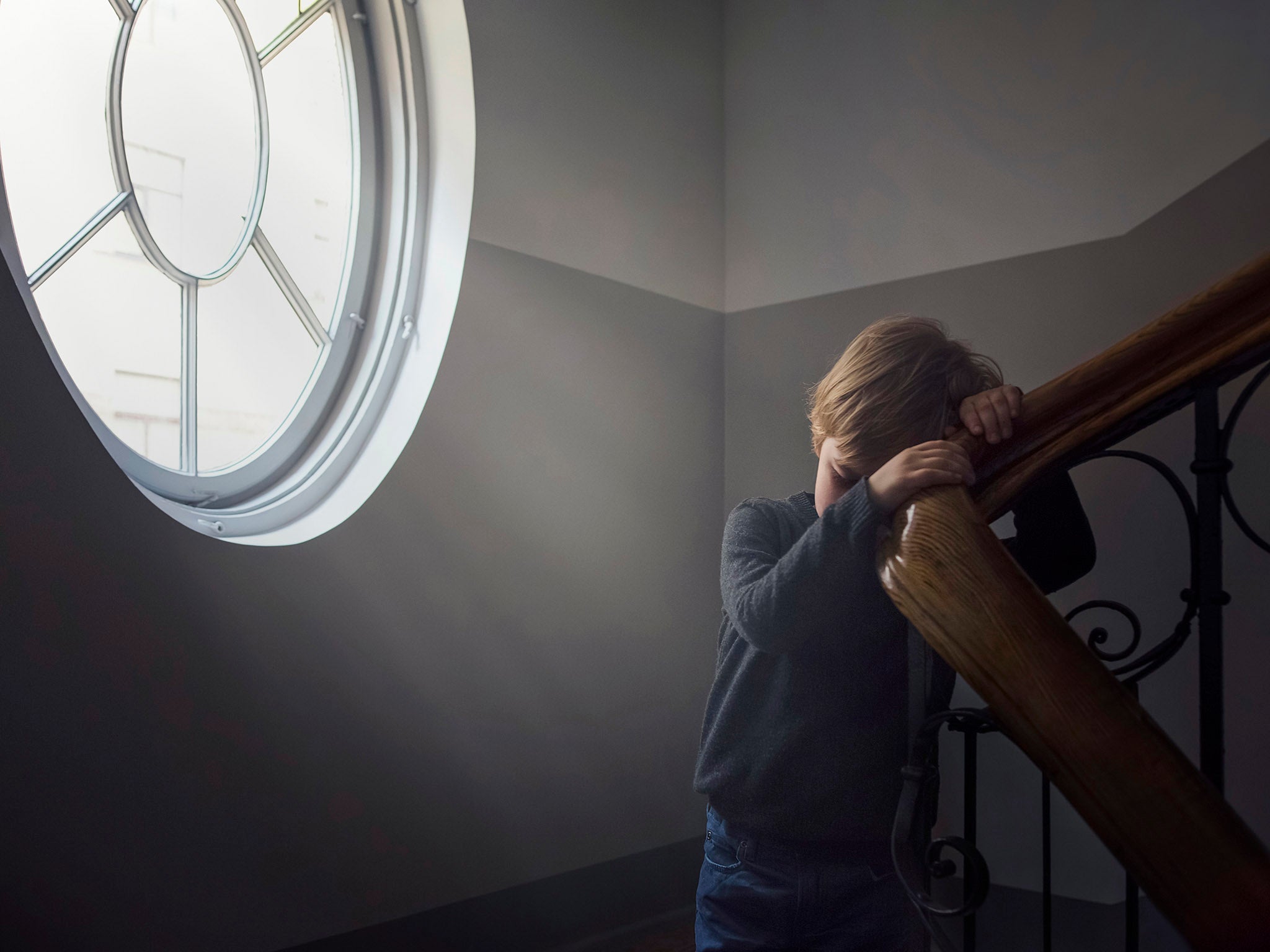Thousands of suicidal children turned away by over-stretched NHS clinics, Children's Commissioner warns
Anne Longfield says denying treatment to mentally ill children is 'clearly playing Russian roulette with their health'

Your support helps us to tell the story
From reproductive rights to climate change to Big Tech, The Independent is on the ground when the story is developing. Whether it's investigating the financials of Elon Musk's pro-Trump PAC or producing our latest documentary, 'The A Word', which shines a light on the American women fighting for reproductive rights, we know how important it is to parse out the facts from the messaging.
At such a critical moment in US history, we need reporters on the ground. Your donation allows us to keep sending journalists to speak to both sides of the story.
The Independent is trusted by Americans across the entire political spectrum. And unlike many other quality news outlets, we choose not to lock Americans out of our reporting and analysis with paywalls. We believe quality journalism should be available to everyone, paid for by those who can afford it.
Your support makes all the difference.Nearly 70,000 children referred for mental health support in England in 2015 were sent away without help, including some who had attempted suicide, a report has found.
The review, carried out by the Children's Commissioner Anne Longfield, found that around 248,000 children were referred for specialist mental health treatment last year.
But 28 per cent of them – more than 69,500 children – were refused, including more than 9,000 who were described as having “life-threatening” conditions. Others had attempted serious self-harm or were suffering from conditions like psychosis and anorexia nervosa.
Sarah Brennan, chief executive of mental health charity YoungMinds, lambasted the “crisis” in children’s mental health services.
Ms Brennan told The Independent: “The truth is that years of underfunding have left the whole system overwhelmed. Many local authorities have repeatedly had their budgets slashed on things like social workers, support programmes for parents, educational psychologists and targeted mental health services in schools.
“This has put a huge burden on services further up the chain, which simply can’t cope with the demand. The government has pledged an extra £1.4 billion towards children’s mental health, but this money must be protected and spent where it’s needed most.”
Dr Carl Walker, chair of the European Community Psychology Association Task Force on Austerity and Mental Health, said the report was not a surprise but still “deeply shocking”.
“Austerity policies hurt the most vulnerable in society. This is a denial of care we come to expect when the NHS is being forced to close under financial duress," he told The Independent.
“The effect of denial of care to young people and children is particularly damaging to the vital period of their early development.
“This government must be held to account for their actions, or else we risk losing the essential principles of the NHS."
Ms Longfield gathered data from 48 of England's 60 child and adolescent mental health service trusts (CAMHs).
She told BBC Radio 4 there was “too much demand” for mental health services.
"There is a gap emerging between the help and support that GPs can offer and the specialist services," she said.
"I don't yet know quite why they are being turned away but certainly being turned away or put on a waiting list for up to six months is clearly playing Russian roulette with their health.
"But actually this is about recognising the terrible conditions children are in and looking at how their local systems can respond. Clearly in some parts of the country, they are doing the job much better than others".
The average waiting time for those approved for care spanned from 14 days to 200 days. More than a third of trusts said they would restrict access to services for children who missed appointments.
Javed Khan, Barnardo's chief executive, told The Independent: "It's unacceptable that tens of thousands of children who need mental health support cannot get the right help when they need it.
"Through Barnardo's work, we see first-hand what a dramatic difference getting mental health support makes to a child. Delays or not getting that help can lead to a lifetime of mental health issues that, in some cases, could have been avoided."
A spokesman for the Department for Health said in a statement: "We have introduced the first-ever mental health access and waiting time standards and are putting a record £1.4 billion into support for young people in every area of the country.
"This investment is just beginning and is creating new joined up plans to improve care in the community and schools to make sure young people get support before they reach a crisis point."
Join our commenting forum
Join thought-provoking conversations, follow other Independent readers and see their replies
Comments